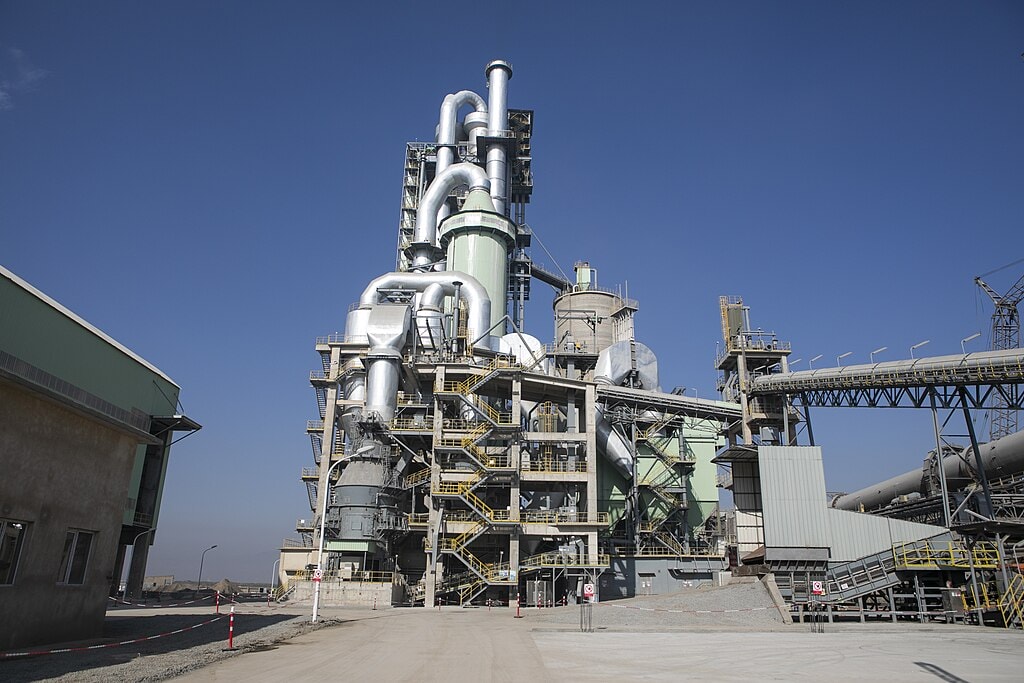Cemvita Factory has finalized a collaboration with United Airlines Ventures (UAV) and Oxy Low Carbon Ventures (OLCV). This partnership will work together to develop sustainable aviation fuel employing Cemvita’s revolutionary process using carbon dioxide (CO2) and synthetic microbes. UAV has begun with a 5-million-dollar investment into Cemvita’s research, leaving the door open for further financing.
How is Cemvita Factory disrupting the heavy industries?
The Houston-based startup was founded in 2017 by brother and sister duo, Moji Karimi and Dr. Tara Karimi. Cemvita Factory Inc. is a Biotech Research startup fixed on fighting climate change through economic carbon negative solutions. Their philosophy is to deploy nature-inspired technology to reverse the effects of climate change within the heavy CO2 emissions industries: oil, gas, and mining.
They look to partner with companies that strive for a greener future. Applying their philosophy through synthetic biology methods to reinvent the way industries operate and disrupt the unhealthy cycle of heavy carbon emissions.

Attaining a sustainable future through synthetic biology
Synthetic Biology is the genetic reengineering of microbes (microorganisms) to give them new or enhanced abilities targeted for specific jobs. Through this discipline, society has been able to make specialty molecules for pharmaceutics, fragrance, and nutrients. And, with the growing demand for sustainable fuel in the aviation industry, companies such as Cemvita Factory are blazing a trail with innovative techniques toward a net-zero carbon emission.
RELATED ARTICLES: How Commercial Aviation is Addressing Climate Change | Six Ideas to Make Aviation More Sustainable | The Coming Electric Aviation Revolution | HES Energy Systems: Hydrogen and Fuel Cells for Sustainable Aviation | Can COVID-19 Pave A Path Forward For More Sustainable Travel? |
Cemvita is currently researching the effectiveness and viability of genetically modified microbes placed in oil reservoirs as a natural converter of CO2 into natural gas. Once these microbes are placed in the oil reservoirs, they can reduce CO2 emissions from the oil and gas recovery process while simultaneously increasing natural gas production, creating what is called an underground biorefinery.
This project has shown success on a lab-scale and is scheduled to move to field testing. If this method proves to be successful, it will revolutionize the energy industry, allowing energy companies to reposition their existing subsurface reservoirs in alignment with a low carbon energy transition. Providing a tremendous, yet obtainable, steppingstone to the future of sustainable aviation fuel and energy production worldwide.
It is for this potential that UAV and OLCV have collaborated and invested in Cemvita Factory and plan on forming a joint venture to commercialize the technology if it proves to be rewarding. This makes Cemvita the third sustainable aviation fuel-related technology to receive an investment from UAV, a consistent leader in the airline industry with respect to acting against climate change and hitting their net-zero carbon emissions goal.

Other Projects from Cemvita Factory
Aside from the efforts within the oil and gas sector, Cemvita’s biomining division is working on plans to reduce the carbon footprint of the mining industry by application of Synthetic Biology. To tackle this issue, Cemvita Biomining has developed a modified microbe to facilitate removing heavy metals from acid mine drainage.
These specialized microbes will consume CO2 for their development, and overexpress a protein involved with the absorption of heavy metals. As a result, these specialized microorganisms removed iron, aluminum, and nickel at much higher rates than common wild-type microorganisms, and demonstrated a carbon negative impact, depicting the potential for this solution.
Cemvita Factory’s mission is to help companies in heavy CO2 emissions industries find new carbon-negative solutions inspired by nature. It is also their goal to find economic solutions as they aim to be as efficient and effective as possible.
Editor’s Note: The opinions expressed here by Impakter.com columnists are their own, not those of Impakter.com In the cover picture: A plane at the gate. Photo Credit: Unsplash.















